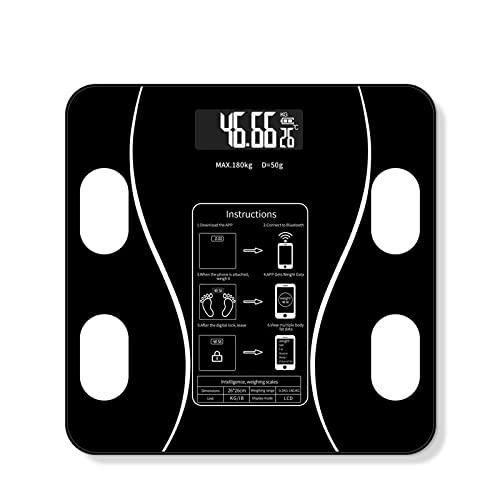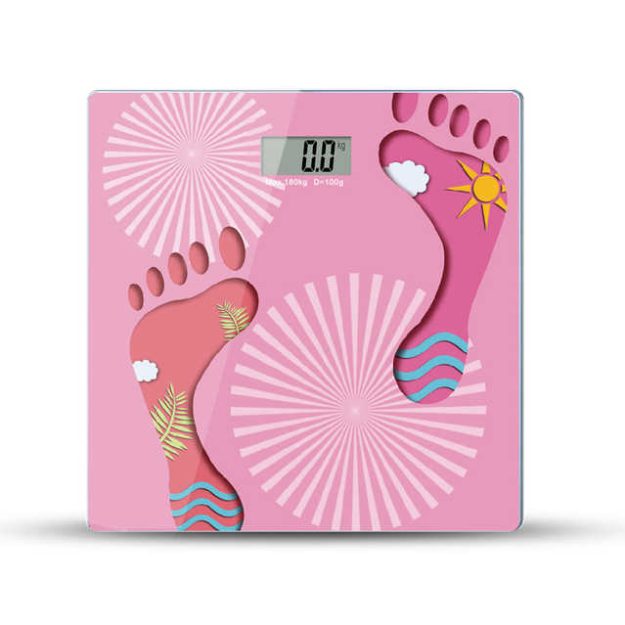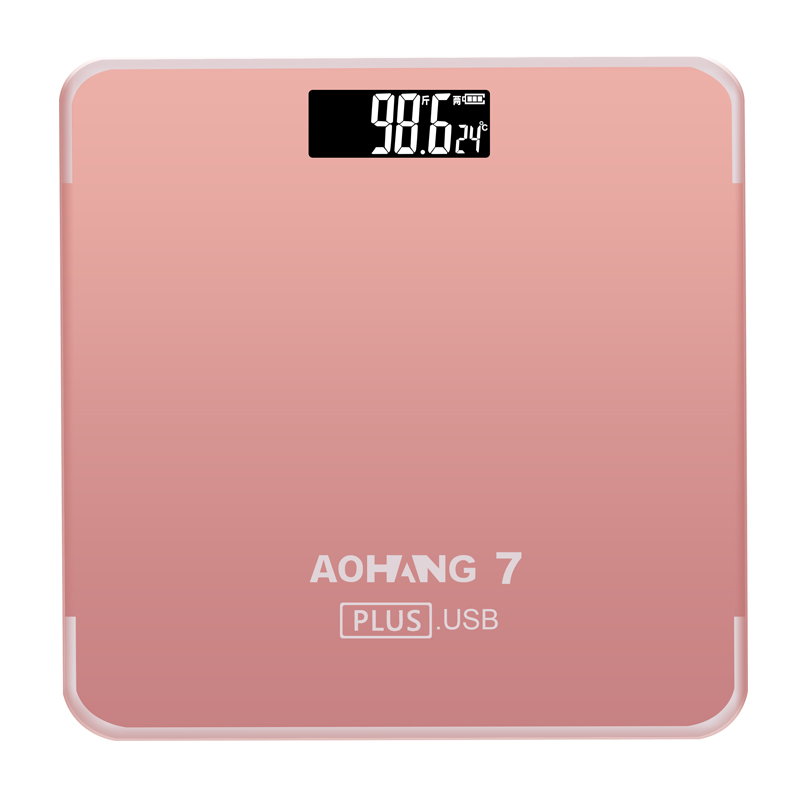How Much Can a Kitchen Scale Weigh? Kitchen scales are essential tools for precise measurements, whether you’re baking, cooking, or tracking food intake. One of the most important factors to consider when choosing a kitchen scale is its weight capacity, which determines how much weight the scale can accurately measure. In this post, we will explore the typical weight limits of kitchen scales, the factors that affect their capacity, and how to choose the right one based on your needs.
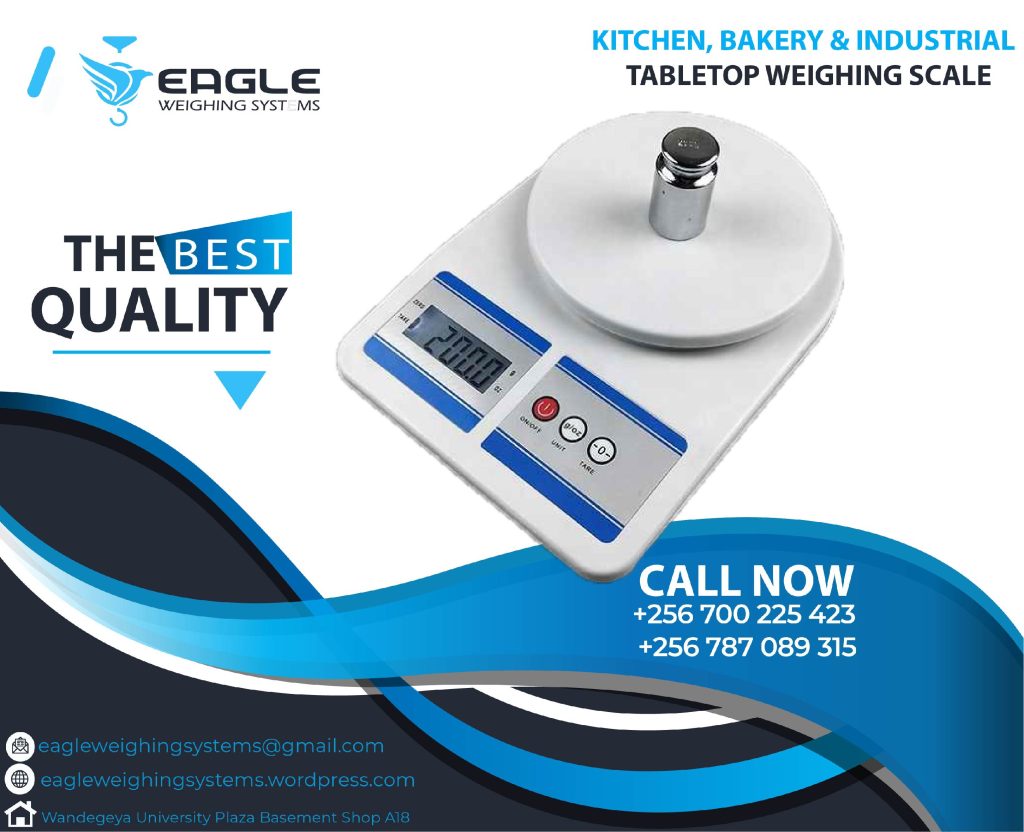
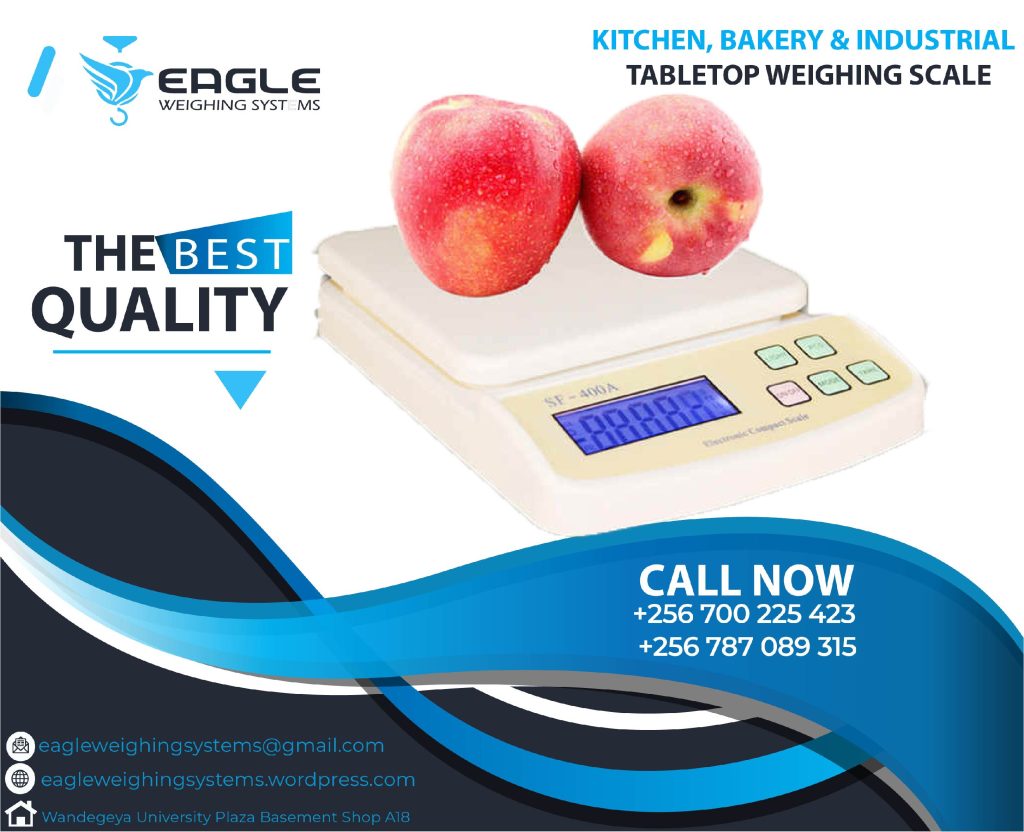
What is the Weight Capacity of a Kitchen Scale?
The weight capacity of a kitchen scale refers to the maximum weight that the scale can measure accurately. Kitchen scales come in various models with different weight capacities, ranging from lightweight scales for everyday use to heavy-duty scales for more industrial applications.
How Much Can a Kitchen Scale Weigh? Standard Kitchen Scales
For most home cooking and baking needs, kitchen scales typically have weight capacities ranging from 2 kg (4.4 lbs) to 5 kg (11 lbs). These are ideal for everyday tasks such as measuring ingredients like flour, sugar, butter, and other common kitchen items.
- Example: A standard kitchen scale that has a 5 kg capacity would be suitable for most home cooking tasks, including weighing bulk items like flour, vegetables, and fruits.
High-Capacity Kitchen Scales
If you need to measure larger quantities of ingredients or items for recipes, you may need a high-capacity kitchen scale. These scales usually have a capacity ranging from 5 kg (11 lbs) to 10 kg (22 lbs) or even higher.
- Example: High-capacity scales are great for weighing large batches of ingredients, especially when you are preparing large family meals or processing food in bulk.
Heavy-Duty Kitchen Scales
For more industrial or professional use, such as in restaurants, cafes, or commercial kitchens, heavy-duty kitchen scales may have weight capacities of up to 30 kg (66 lbs) or more. These scales are designed to handle large quantities of ingredients or food items and can be useful for commercial food production.
- Example: A heavy-duty scale with a capacity of 30 kg is perfect for restaurants or catering services that need to measure large quantities of ingredients like meats, flour, or bulk grains.
What Factors Affect the Weight Capacity of a Kitchen Scale?
Several factors determine the weight capacity of a kitchen scale. These include the type of scale, the material used in construction, and the design of the weighing platform. Here’s a closer look at these factors:
1. Type of Scale (Mechanical vs. Digital)
- Mechanical Scales: These scales often have a lower capacity compared to digital scales, with typical maximum limits of around 3 kg (6.6 lbs) to 5 kg (11 lbs). They rely on springs or dials to measure weight and are more prone to wear and tear, which can affect accuracy over time.
- Digital Scales: Digital kitchen scales generally have higher weight capacities, ranging from 5 kg (11 lbs) to 10 kg (22 lbs) or more. They offer more precise measurements, often down to the gram, and are equipped with modern features such as tare functionality, unit conversion, and backlit displays for better visibility.
2. Construction and Platform Size
- The construction of the scale, including the material and size of the weighing platform, also influences its weight capacity. Larger platforms are typically designed for larger quantities of ingredients, while smaller platforms are more compact and suitable for smaller tasks.
- Some scales are made with durable materials like stainless steel, which can support heavier items without getting damaged or losing accuracy.
3. Weighing Units and Resolution
- Kitchen scales usually measure in grams (g), ounces (oz), pounds (lbs), or kilograms (kg). The resolution (or precision) of the scale can affect the weight capacity in terms of how accurately the scale measures smaller increments. Scales with a lower capacity tend to have higher resolution (e.g., 1g or 0.1g), while scales with higher capacities may measure in larger increments (e.g., 5g or 10g).
- Example: A scale with a capacity of 5 kg may have a resolution of 1g, while a scale with a 30 kg capacity may have a resolution of 5g.
Choosing the Right Weight Capacity for Your Kitchen Scale
When choosing a kitchen scale, it’s essential to consider both your typical use and the maximum weight you expect to measure. Here are some guidelines to help you make the right decision:
1. For Everyday Home Use
If you mainly use your kitchen scale for standard cooking and baking tasks, a capacity of 5 kg (11 lbs) should be more than enough. This is ideal for measuring common ingredients like flour, sugar, butter, and fruits. Most home cooks will find that a scale within this weight range will handle all their needs effectively.
2. For Larger Quantities or Bulk Cooking
If you’re preparing large meals, working with bulk ingredients, or making big batches of food (such as bread or cake), you might want a scale with a capacity of 10 kg (22 lbs) or more. This capacity is suitable for recipes that require large amounts of ingredients, and you can weigh heavier items like big vegetables or multiple packets of food.
3. For Professional or Commercial Use
If you own a business, such as a restaurant, bakery, or catering service, a heavy-duty scale with a capacity of 30 kg (66 lbs) or higher is a must. These scales can handle large volumes of ingredients, and many offer features tailored to commercial needs, like large weighing platforms and high durability for daily use.
What Happens if You Exceed the Weight Capacity of a Kitchen Scale?
Exceeding the weight capacity of a kitchen scale can cause several issues:
- Inaccurate Readings: If you place an object that exceeds the scale’s capacity, it will likely give you an incorrect reading, which can lead to errors in your measurements.
- Damage to the Scale: Overloading the scale may damage the internal components, such as the sensors or the platform. This could lead to malfunctioning, inaccurate readings, or complete breakdowns.
- Increased Wear: Frequently overloading your scale can lead to faster wear and tear, shortening its lifespan.
Conclusion: The Right Kitchen Scale for Your Needs
The weight capacity of your kitchen scale plays a significant role in ensuring accurate measurements for your cooking or baking tasks. Whether you’re using it for everyday home cooking, bulk meal prep, or commercial food production, there’s a scale designed for every purpose.
For high-quality, accurate, and reliable kitchen scales, Eagle Weighing Systems offers a wide range of options that cater to various needs. Whether you’re looking for a scale with a small capacity for everyday use or a heavy-duty scale for professional applications, Eagle Weighing Systems has got you covered.
Make sure you check out their offerings to find the perfect kitchen scale that meets your specific needs. Stay connected through their social media channels:
For more information and products, visit Weighing Scales in Uganda.


